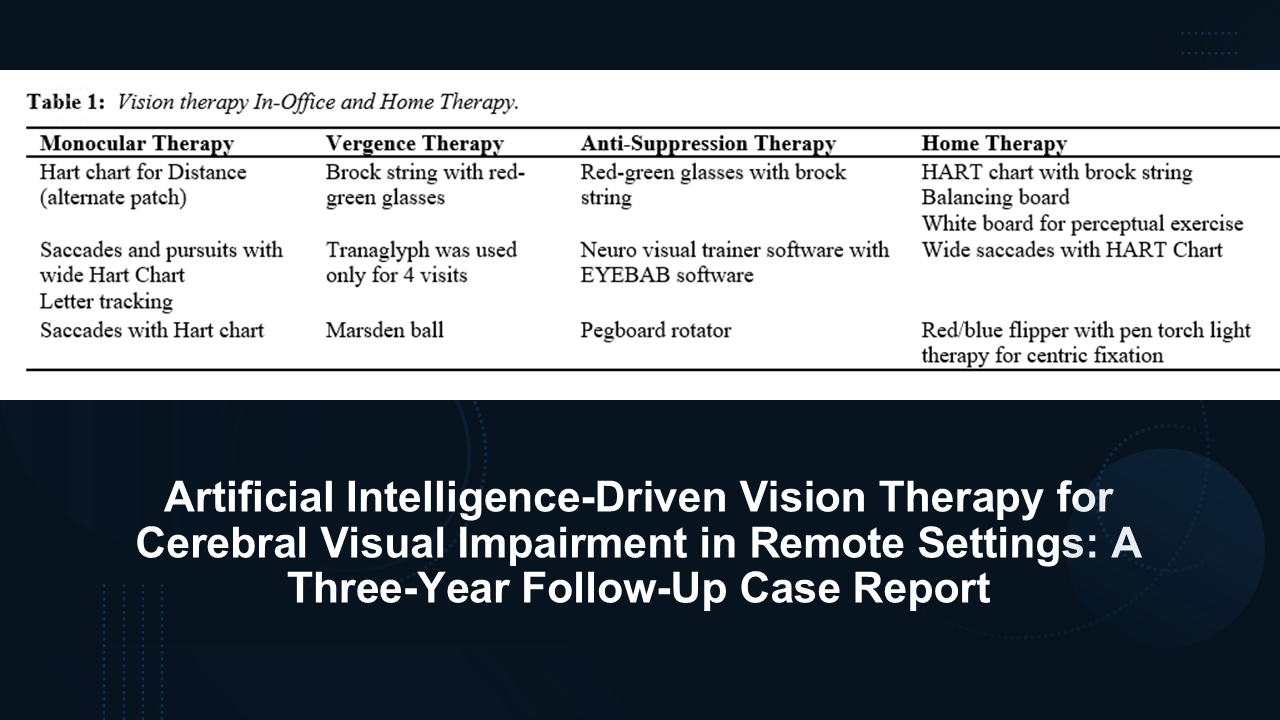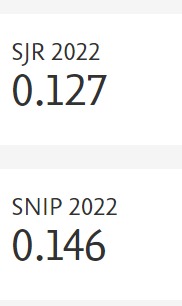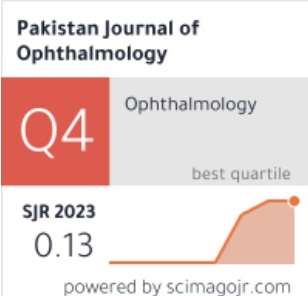Artificial Intelligence-Driven Vision Therapy for Cerebral Visual Impairment in Remote Settings: A Three-Year Follow-Up Case Report
Doi: 10.36351/pjo.v41i2.1908
DOI:
https://doi.org/10.36351/pjo.v41i2.1908Abstract
Cerebral visual impairment (CVI) is a neuro developmental disorder that affects the brain's visual processing centres. It is typically associated with perinatal hypoxia, traumatic brain injury, infections, and genetic disorders. Artificial Intelligence in vision therapy can revolutionize optometric treatment. We describe a case of AI-powered vision treatment of a patient diagnosed with CVI in a remote region. AI powered remote vision therapy was provided to a 4-year-old male with CVI in the Indian state of Himachal Pradesh. The 14-week therapy was monitored and altered using AI findings. The patient was followed up with continued home therapy. The findings were monitored on a quarterly basis.After 14 weeks of distant vision therapy, visual acuity, contrast sensitivity, and oculomotor function improved significantly, and a consistent improvement was noticed. Artificial Intelligence powered vision treatment technologies have the potential to enhance optometry care equity.

Downloads
Published
How to Cite
Issue
Section
License
Copyright (c) 2025 Renu Thakur, Jyoti Gangta

This work is licensed under a Creative Commons Attribution-NonCommercial 4.0 International License.






